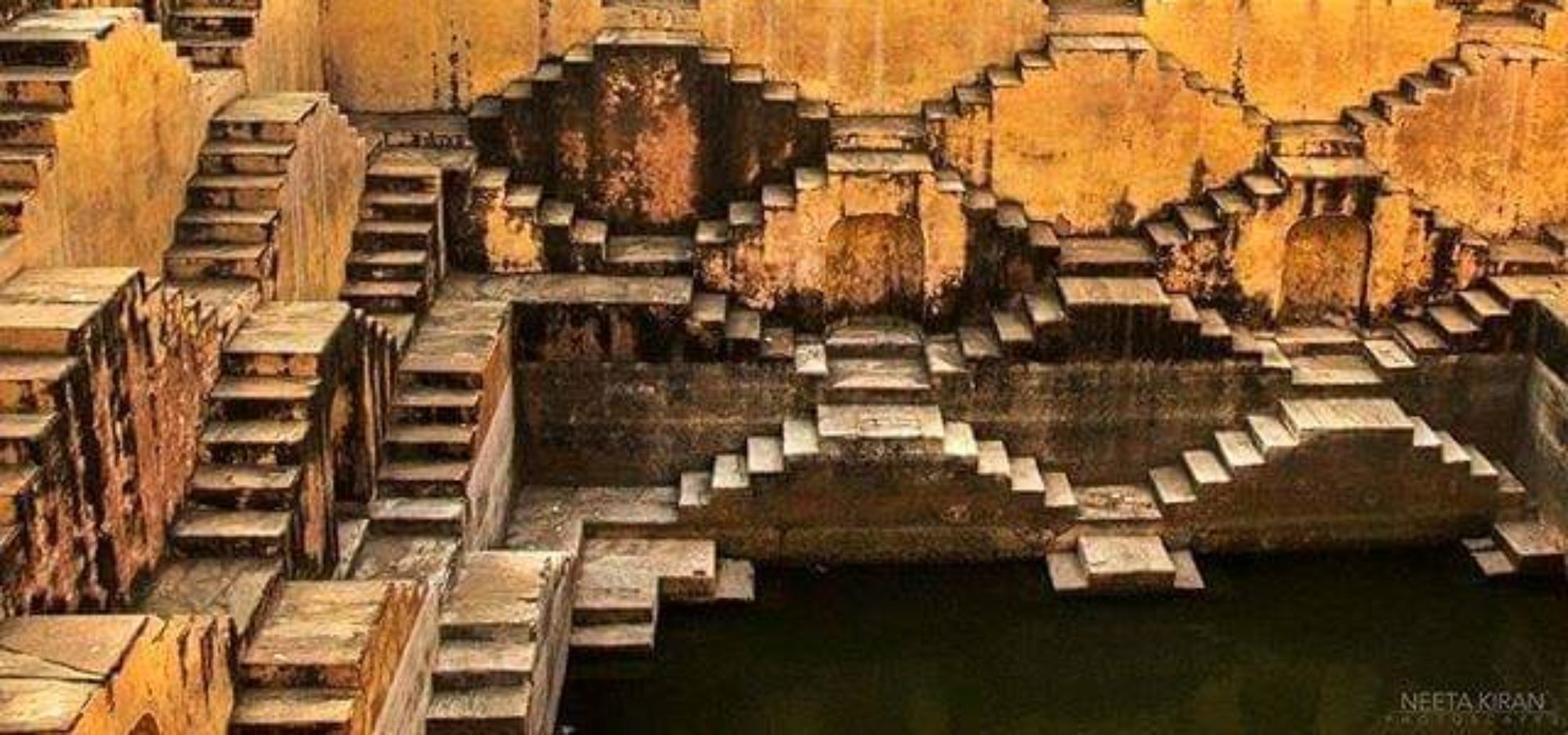In the chapters of his life, the thrill of traveling and exploring ignited at an early age. With a Jhola slung over his shoulder, he ventured beyond the city limits, a habit shaped by his artistic inclinations and countless hours in the library. This wanderlust took him deep into the rural heart of Adilabad, where he sought out dilapidated temples, ancient sculptures, forgotten wells and tranquil lakes. He would often vanish for days and remarkably, no one seemed concerned. Perhaps it was a sign of the times — an era marked by safety and a welcoming community.
He frequently ventured out on a bicycle, forming bonds in each village he visited before the shadow of Naxalism darkened Adilabad. Captivated by his genuine curiosity and warm demeanor, people embraced him wholeheartedly, offering food and shelter without hesitation. He relished this exploration, his curiosity mirrored in his pedaling—much like Dharampalji, who typed with a single finger at the India Office Library in the British Library – London, delving into documented records on India. Both equally curious in exploring, one using his legs and the other his finger.

Uzaramma once shared a story that perfectly captured his adventurous spirit and sense of humor. As they wandered into unknown territories, they often encountered curious locals who would ask, “Meeru E Kulam oolu?” (Which caste do you belong to?). Faced with this question one day, and not knowing what to say, he mischievously replied, “Memu Thirigina kulam oolumu” (We belong to the wanderers’ community – घुमक्कड़ जाति से). Uzaramma would burst into laughter every time she recounted this moment, highlighting the sheer whimsy of how they had created an entirely new caste.
“Devotion, Erosion, and the Lost Dohas of Kabir”
Out of many of his acquaintances, Doodhram stood out. Doodhram belonged to the Oojha community (Ojjollu), the traditional metal casting community that primarily crafted deities and other relevant items used in worship by the Gonds (Gondollu) and Kolams (Kollamoolu).
Doodhram had a particularly friendly warmth about him. Guruji described him as a physically strong, well-built man with a friendly nature. Though Doodhram was one of his gurus, their relationship quickly evolved into a close friendship. Besides being a magnificent craftsman who knew how to build and honor relationships, Doodhram was also well-read.

As their friendship deepened, Doodhram would sometimes visit the ashram. His arrival was always marked by singing Kabir’s dohas the moment he entered the gate. He would sing one line and Guruji would complete the doha, their voices blending in a warm, jovial exchange.
On a crisp winter evening, as they worked together on casting a few pieces, Guruji felt the profound sense of pride and value Doodhram held for his community. The piece they were crafting did not turn out as expected; it was half-cast, yet still looked majestic. Moved by its beauty, Guruji requested, “Abba, Yeh itna accha lagra, yeh mereko de do na, Kaka (This still looks so wonderful, please let me have it, Kaka)”, but Doodhram, in his commitment to perfection, picked up a hammer and destroyed the piece, saying, “Itta Kharab kaam koi dekha, toh Oojha ka naam kharab hota – (If I give bad work, it will ruin the Oojha name)”. Despite this, another half-baked piece—a Camel—still stands proudly at Uzaramma’s home, a lasting symbol of their shared moments.
As time passed from early 70s to late 90s, Doodhram grew older, and Guruji found himself bonding with Doodhram’s son, Gyaneshwar Kaka. Gyaneshwar, while a skilled artisan, lacked his father’s literacy and physical presence. The contrast became stark with Gyaneshwar’s son, who seemed to inherit neither the craftsmanship, nor the literacy or physical strength of his ancestors.
Guruji often narrated this observation, trying to explain how he monitored the degrading trend through generations. He reflected on the generational shift with a bittersweet contemplation, noting the gradual fading of skills and values that once defined the artisans of Adilabad or in Rahim’s words.
“क्या करें, किससे कहें, दर्द भरी है बात;
खाट का मीठा भाषा, भूल गए सब साथ।“



Leave a Reply